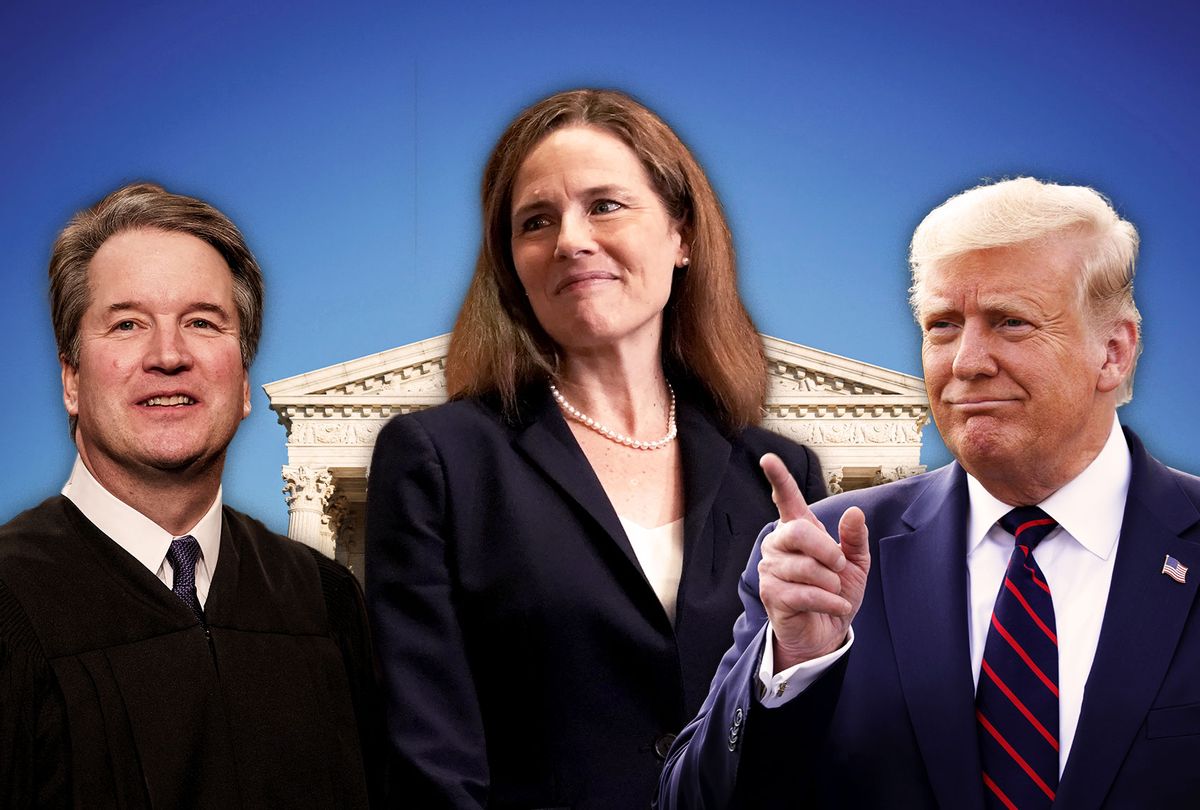The U.S. Supreme Court agreed on Monday to hear a case that calls for a substantial rollback in abortion rights, making it poised to determine the constitutional right of states to ban abortions before a fetus is deemed medically viable.
The case in question, Dobbs v. Jackson Women's Health Organization, specifically addresses a Mississippi law passed in 2018 by the GOP-majority state legislature which prohibits the practice of abortion beyond fifteen weeks of gestation. The law makes exceptions for carriers facing medical emergencies, as well as cases of "fetal abnormality."
With the newly-appointed conservative majority in the Supreme Court, the case could spell a severe curtailment of Roe v. Wade, the landmark 1973 Supreme Court case which granted Americans the constitutional right to an abortion. Lower courts initially blocked Mississippi's abortion ban on the grounds that the law violated the Constitution. Both a federal judge in Mississippi and the 5th US Circuit Court of Appeals held that legal restrictions could not be placed on abortion until 24 weeks into gestation – when a fetus can be determined medically viable (i.e. able to live outside the carrier's womb). Judge Carlton W. Reeves of Federal District Court in Jackson, Mississippi, who shot down the state's law in 2018, suggested that the Mississippi restriction was a patently political move that lacked constitutional merit.
"The state chose to pass a law it knew was unconstitutional to endorse a decades-long campaign, fueled by national interest groups, to ask the Supreme Court to overturn Roe v. Wade," Judge Reeves argued. "This court follows the commands of the Supreme Court and the dictates of the United States Constitution, rather than the disingenuous calculations of the Mississippi Legislature."
The case, which has been rescheduled over a dozen times for the Supreme Court's consideration, has sounded alarms amongst abortion rights advocates, many of whom have warned of its potential could dismantle the decades-long legal precedent they've fought for.
"This will be, by far, the most important abortion case the Court will have heard since the Casey decision in 1992," said CNN Supreme Court analyst Steve Vladeck. "If states are allowed to effectively ban abortions after the 15th week of pregnancy, as the Mississippi law in this case does, then pregnant women would have a far shorter window in which they could lawfully obtain an abortion than what Roe and Casey currently require."
NARAL echoed the concern in a press release. "The Supreme Court's decision to review this unconstitutional ban is an ominous sign and an alarming reminder that the threat to the legal right to abortion is imminent and real. If Roe v. Wade were to fall as a result of this case, states across the country are poised to ban abortion. The impact would be devastating, especially on those who already face the greatest barriers to care, including people of color, trans and non-binary people, those with lower incomes, and those in rural areas."
"As is often the case, Mississippi is the testing ground for some of the most regressive, abortion legislation in the country," added Staci Fox, president and CEO of Planned Parenthood Southeast Advocates, in a statement. "We knew the day would come when that dangerous legislation would not only threaten the health, lives, and freedoms of Mississippians, but the entire country. That day is finally here. This is why elections matter. With the current makeup of the Supreme Court, reproductive freedom is now at stake on a national level."
The case will be heard next term amid a flurry of Republican-led restrictions on abortion in states like Idaho, Oklahoma, and Texas, which have barred the procedure in the presence of a fetal heartbeat.



Shares